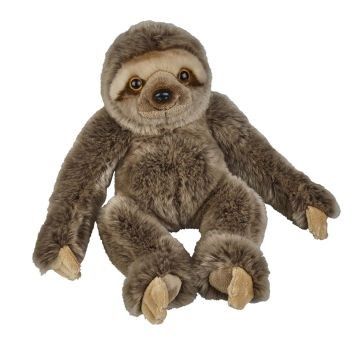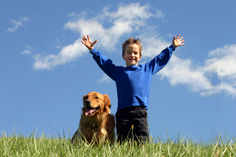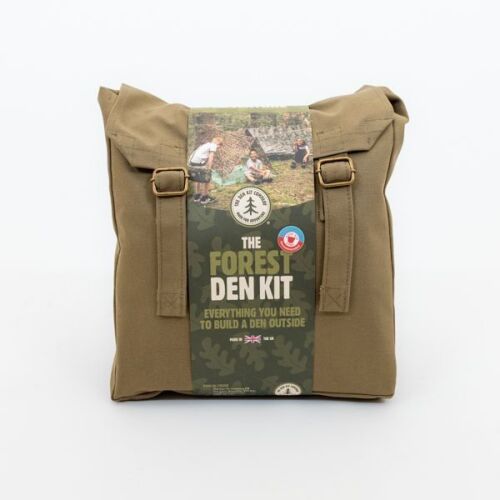Animals benefit children
| Research has shown a number of plusses in having animals around children, and we thought we'd highlight our favourites: -
Children with animals are more likely to have higher self-esteem; a US study of 394 university students showed that those who had cats and dogs as children were more self confident than those who didn't. -
Grandparents and children can laugh together over the antics of pets and animals - giving both generations a sense of wellbeing and fun!
- Pets are a great way to link the generations. Children and their grandparents and family friends can discuss their pets - their grandparents may have many fond memories of the animals they had when they were small.
-
Pets are great listeners - many children revealed in one survey that it was their pet they went to with problems rather than their parents! Pets are loyal, loving friends - they don't criticise, judge, interrupt, tell how it was in their day, assume they know how the other is feeling...they just listen and offer quiet symapthy. And children know that whatever they tell their pet, he won't tell on them! - Pets are great stress busters and make children laugh. In stressful situations, a pet can be a great way to encourage children to relax and even talk and relay their fears, even if they talk about it to their dog or cat, rather than to an adult. They are fantastic playmates

The Natural History Museum has some wonderful soft toys
|
-
Some children may prefer the kudos of dealing with the scarier side of pets, such as having contact with snakes, frogs and the like - Froglife can suggest interesting ways to sepnd an afternoon!
-
In a world where there is so much emphasis on being hygenic and safe, children need to experience risk and adventure. They need to know that they can handle it, even if mum is close by with a box of tissues afterwards. Kids love exploring and finding out. Of course, a young child should never be left alone with any animal - you just don't know what the child may do to provoke him or her, unknowing as they are. | |


Get the kids outside to feel the fresh air!
The National Trust shop has a number of gifts for children. Take a peek here!
-
The death of a pet introduces children to this very important experience in life - that is, the death of a loved one. When the time comes,the Blue Cross runs the Pet Bereavement Support Servicewith booklets and trained counsellors. Don't tell your child that a pet has "gone to sleep" because a) your child may take it that the animal is coming back and b) they may in turn be afraid to fall asleep in case they don't come back, either.
-
Most of all, pets are magic! They share our ups and downs, our successes and our failures; they are always happy when they get up in the morning, no matter what the weather. And they will always welcome a child home from school. Choosing the Right Pet for Your Family The right pet teaches children a great deal - research is important. Many animal charities have pages for kids and also plenty of advice for those parents seeking pets, with information packs about choosing a pet, and some of this will focus on pets for children. A good vet will also be able to help you. Some pets are better in pairs; others aren't necessarily as good with children as the immediately appear, although this can vary from breed to breed and species to species. Get advice if you're unsure. |



